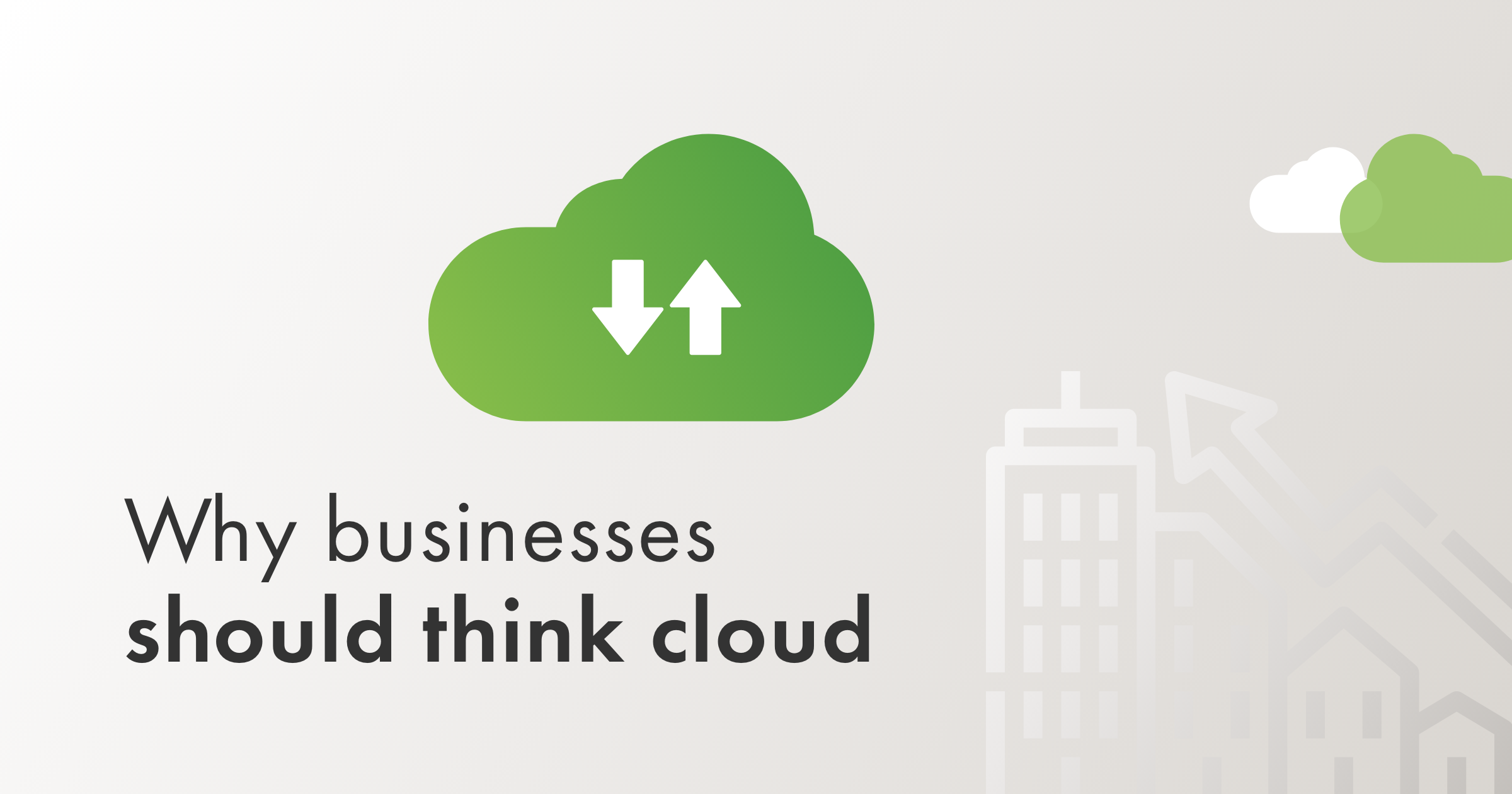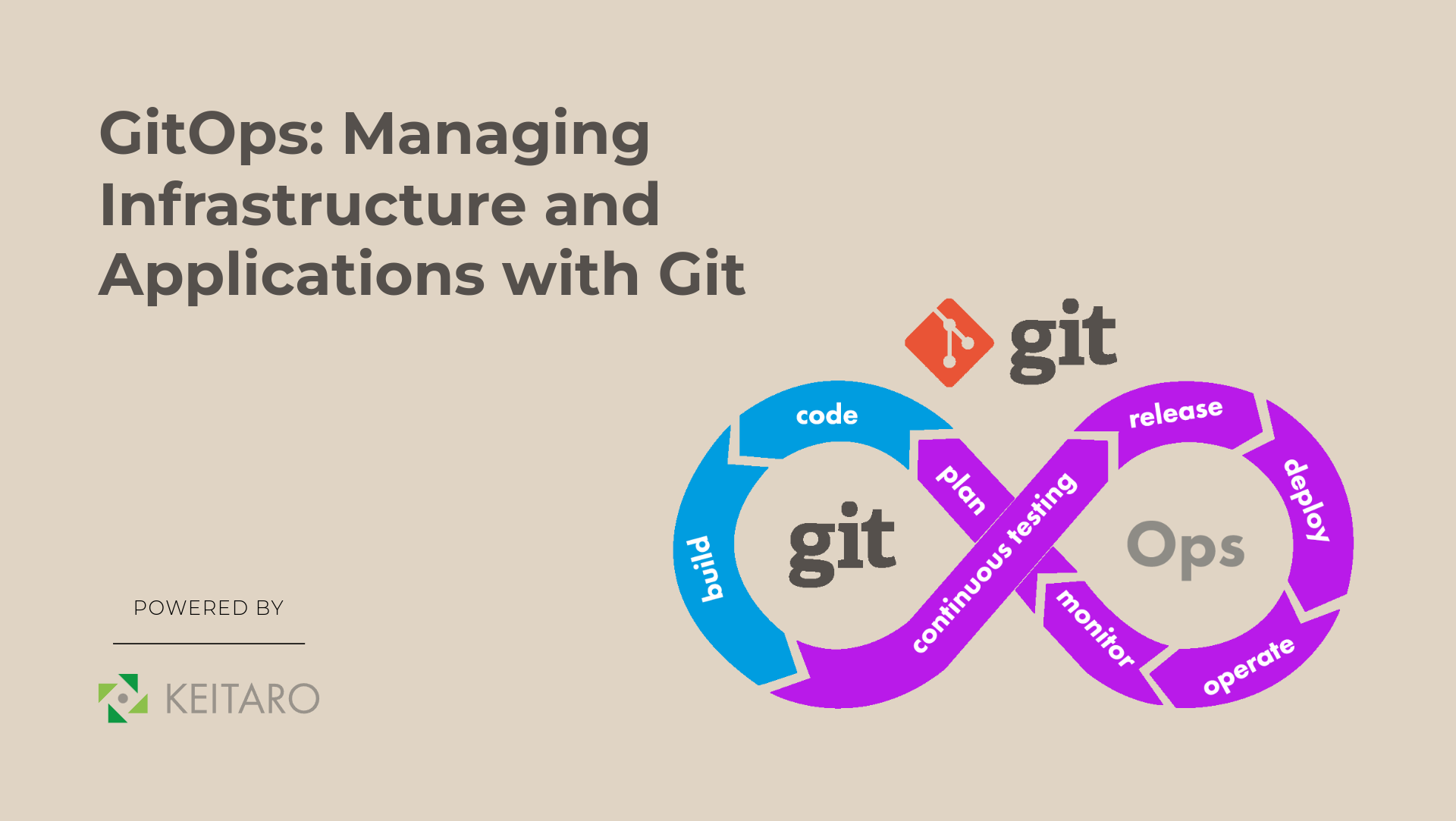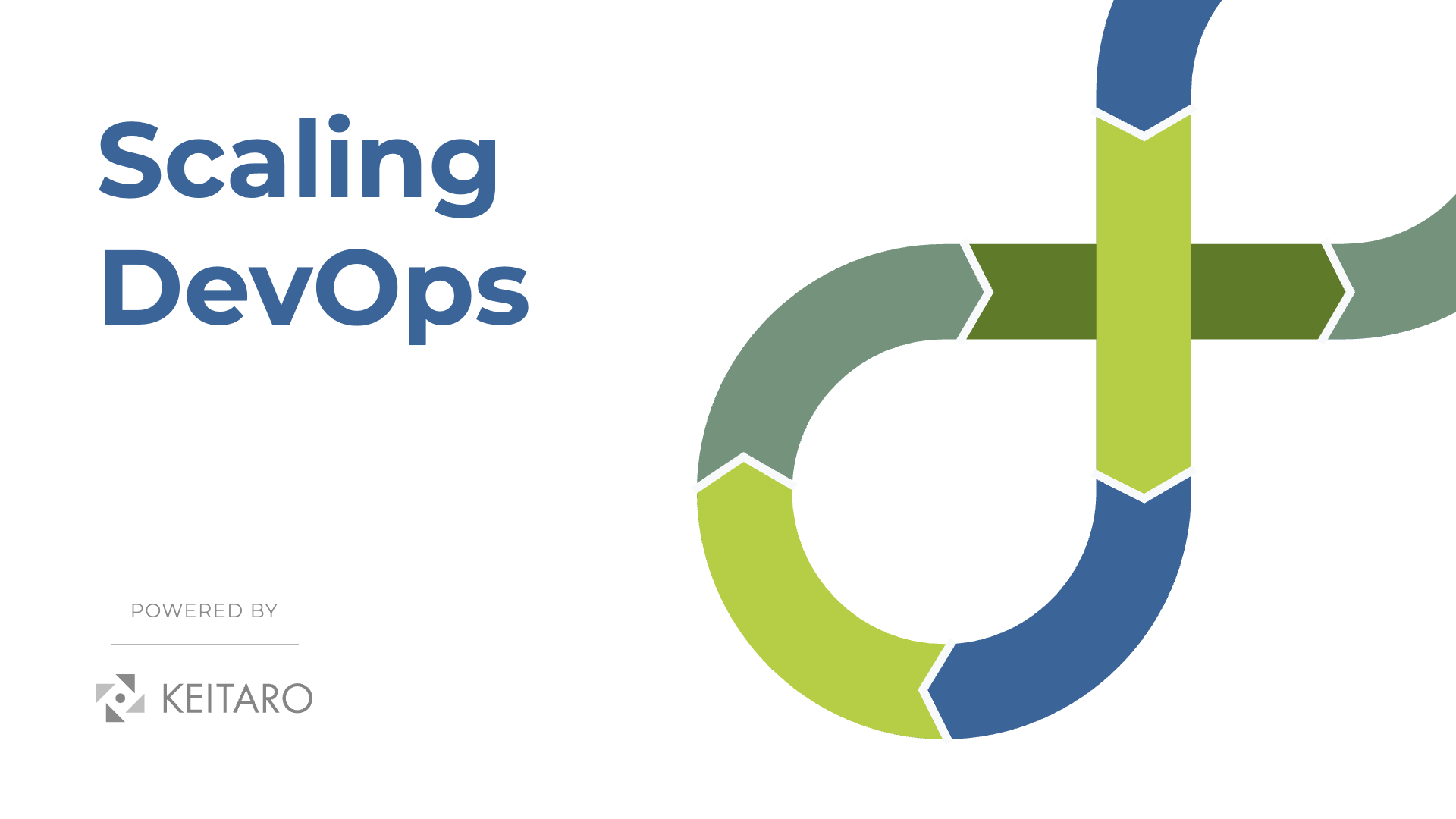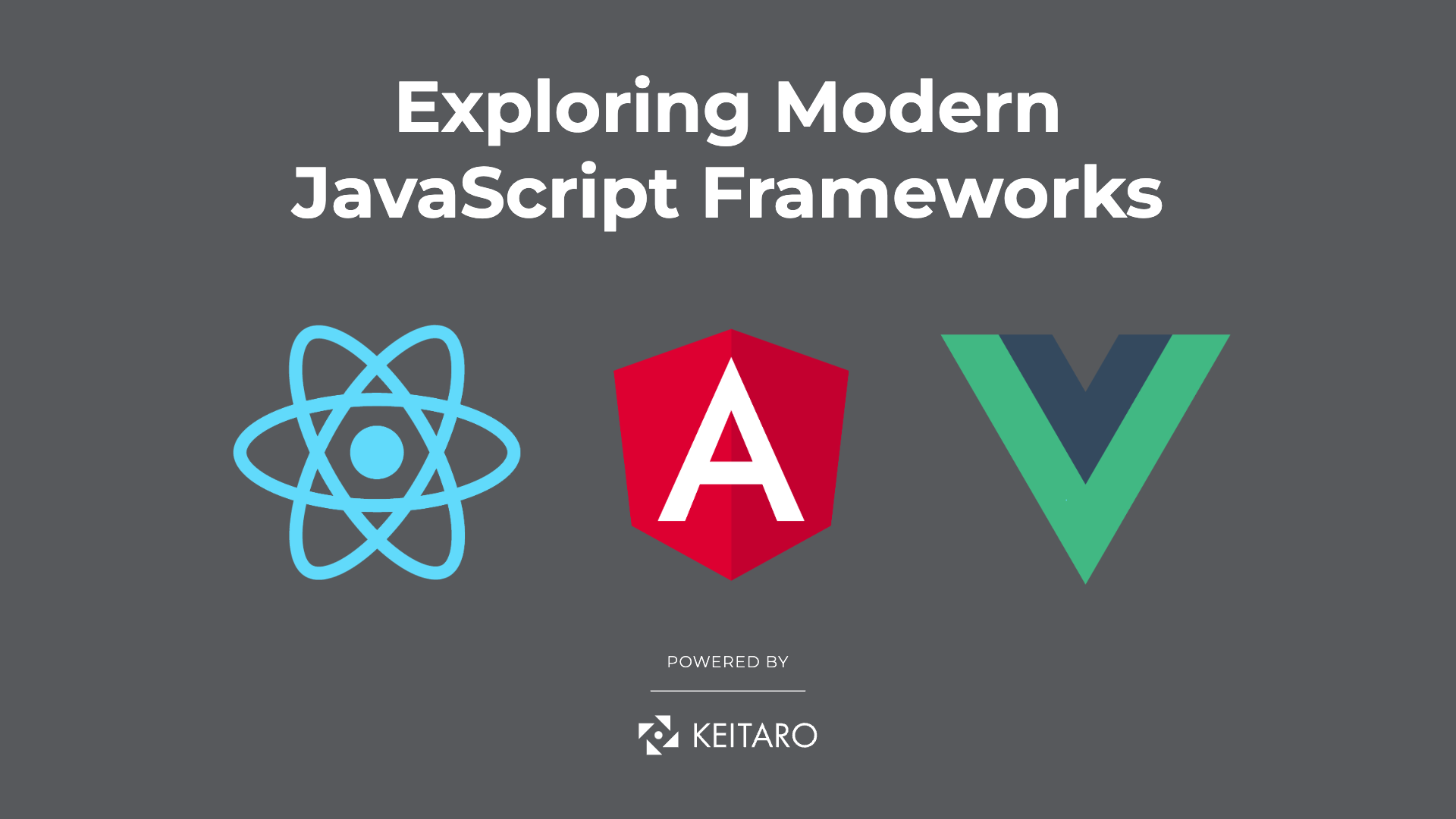You have already heard the term cloud computing and it sounds really simple right? However, it’s clear that a lot of people are having trouble understanding it and not really getting to grips with the potential it can offer business.
Well, put simply, if you are connected to the internet, cloud computing stores programs and all of the data over the internet, meaning you do not need to use storage on your computer or hard drive.
So why “move to the cloud” ? It brings flexibility and functionality to companies and as the internet is a “big place” it is easier and cheaper to store a huge amount of data. That said, businesses will need to decide which route they should take. There are three routes to be explored, Software as a Service (SaaS) or Platform as a Service (Paas) or Infrastructure as a Service (IaaS).
SaaS
In the cloud market, Software as a Service, also known as cloud application services, is the most commonly used option for businesses. SaaS uses the internet to deliver applications to users that are managed by a third-party vendor. A large number of SaaS applications run directly through the web browser, so no downloads or installations are required on the client side.
SaaS offers numerous benefits to employees and businesses by significantly reducing the time and money spent on time-consuming tasks such as installing, managing, and upgrading software. This frees up a significant amount of time for the technical team to focus on more important issues and aspects within the organization.
Its main characteristics are:
- Managed from a central location
- The website is hosted on a remote server.
- Accessible via the internet
- Users are not responsible for updating their hardware or software.
PaaS
Cloud platform services, also known as Platform as a Service (PaaS), offer cloud components to specific software and are primarily used for applications. PaaS provides developers with a framework upon which they can build and use to create customized applications. All servers, storage, and networking can be managed by the enterprise or a third-party provider, while developers retain control over the applications.
PaaS has a number of characteristics that distinguish it as a cloud service, including:
- Because it is based on virtualization technology, resources can be easily scaled up or down as your business changes.
- Offers a variety of services to support with app development, testing, and deployment.
- Multiple users can access the same development application.
- Web services and databases are integrated.
IaaS
Infrastructure as a Service (IaaS) cloud infrastructure services are made up of highly scalable and automated compute resources. IaaS allows users to access and monitor computers, networking, storage, and other services entirely on their own. Instead of purchasing hardware outright, IaaS allows businesses to purchase resources on-demand and as-needed.
Among the characteristics that define IaaS are:
- As a service, resources are available.
- The cost varies according to consumption.
- Services are extremely scalable.
- On a single piece of hardware, multiple users can be accommodated.
- The organization retains full control of the infrastructure.
- Dynamic and adaptable
Functions of the cloud
The list of functions of the cloud is a one long pager, but in this blog let’s explore the most important functions for business.
- Easily Accessible – users can use varied types of devices such as laptop, tablet and mobile phone to engage the resources you need to work.
- Ability to scale quickly – the flexibility of cloud computing allows a business to scale, either up or down, quickly without affecting any demand. So if a business experiences high levels of traffic, internal operations will not be affected.
- Measured services – users pay for what they use, it’s that simple and there are the added benefits of it all being monitored and reported.
- Multi tenant resource – the user has the ability to share resources without exposing you to security risks. An analogy for this could be a large storage depot, you have one building housing individual storage units who all have their own unit, its own security and privacy but shared overheads.
So why would any business leader would risk moving their day to day resources and systems to the cloud? Well enter the CTO, who will agree that cloud based storage and backup solution is a must, if the goal of any business is to improve across the organisation. So what are the benefits of moving to the cloud ?
- Reliability – because cloud servers are flexible if one server is down another will take its place and data will still be there.
- Flexibility – With a flexible storage space, businesses won’t need any additional hardware or another program to accommodate large volumes of data. By accessing data or resources from the cloud, staff can collaborate with each other more efficiently.
- Mobility – With smartphones a part of everyday life in business you are able to work remotely or on the go.
- Accessibility – because the internet is “always open” you have instant access to your data 24/7
- Financial – all data in one place, no physical equipment required, no IT staff to maintain expensive servers thus considerably reducing your operational costs – need I say more
- Recoverable – even if your laptop, tablet or phone go down, you are guaranteed to be able to recover your data as the cloud has data recovery solutions built in. No need to worry about hardware getting damaged by flood or fire here.
- Security – data encryption and unique security settings for every user are just two examples of cloud security in cloud computing to ensure anyone not authorised cannot access your data. In fact a high percentage of businesses that have moved to the cloud have reported better data security.
- Customer satisfaction – it goes without saying if you have a better more efficient operation in-house then this will reflect in customer satisfaction.
- Green – because your hardware and physical equipment is massively reduced, there is no paper wastage and you are freeing up physical space cloud computing is extremely environmentally friendly.
- Easy Implementation – moving to the cloud is easy when you know how, in fact probably easier than installing hardware.
- Monitoring – In the modern business world data is valuable. Instant monitoring of your operational and sales data anywhere in the world at any time has huge benefits.
So what should a business do to find out more ? The first thing to do is engage in a discussion with a business that has a proven track record and experience in this field. By doing this you will undoubtedly open up the door to a better, more efficient cost saving way of operating and allow your business to develop organically without any issues to stop growth.
At Keitaro we can help you with moving your legacy applications to the cloud and with our agile working approach and a dedicated Project Manager, we can offer you the experience of a smooth transition in all aspects of the process.



